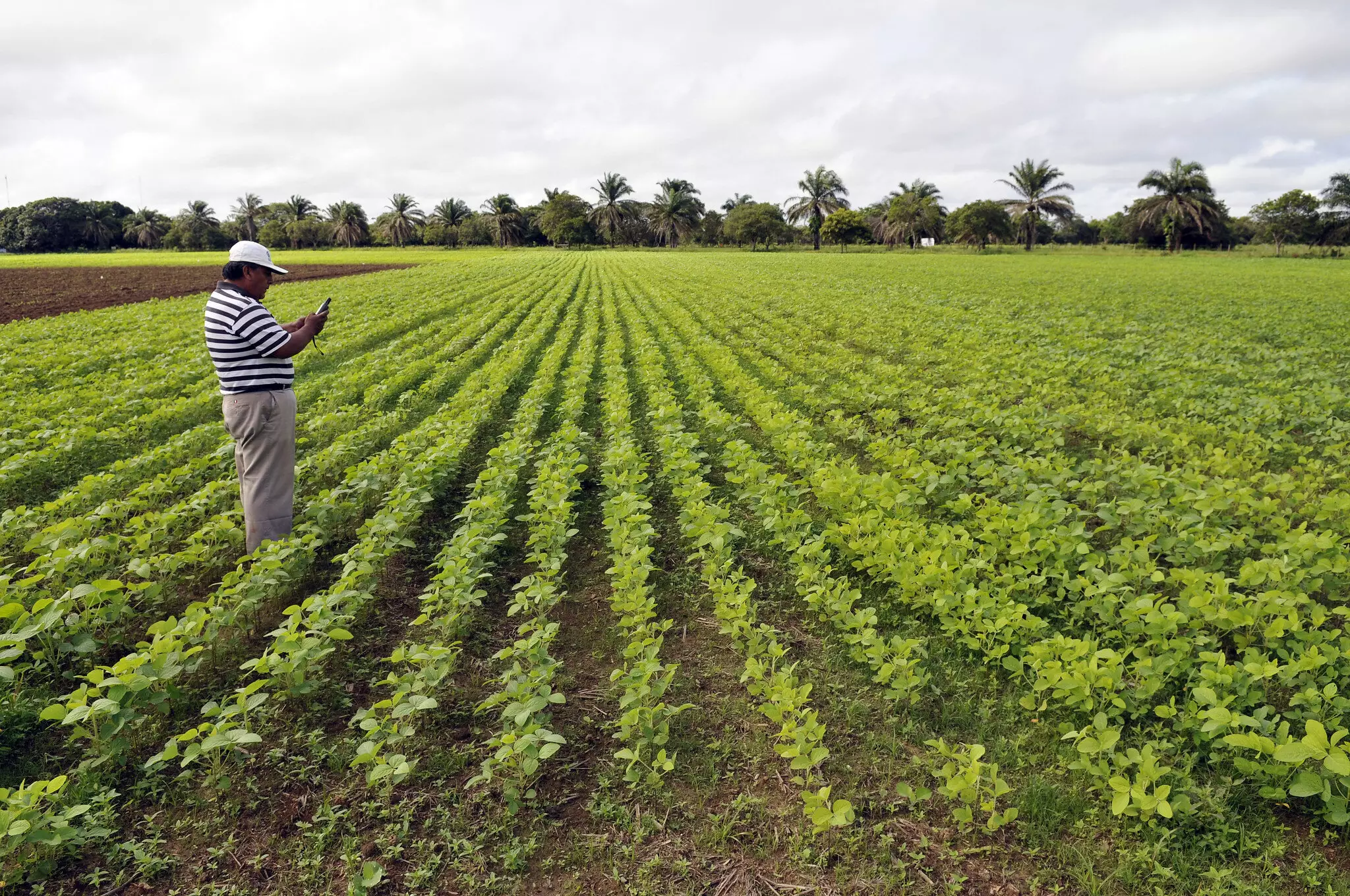Foreign Direct Investment (FDI) is oftentimes lauded as a catalyst for economic growth in developing regions, particularly in tropical countries rich in resources. However, this seemingly innocuous financial flow in industries such as mining, logging, and fossil fuels has long left a trail of environmental devastation, particularly when it comes to tropical deforestation. New discussions have emerged to scrutinize whether FDI in food systems falls into the same extractive pattern that has historically plagued these regions. The evidence paints a compelling picture—agriculture stands as the leading cause of deforestation globally, particularly in tropical nations renowned for their vast expanses of primary forests.
Amid growing environmental concerns, European policymakers have begun implementing stricter regulations to address deforestation linked to food supply chains. While these measures are a step in the right direction, they often fail to grasp the intricate web of factors driving deforestation, particularly the pervasive influence of FDI. A recent study evaluating the relationship between food systems and forest degradation across 40 countries illuminated some uncomfortable truths: urbanization and FDI rank as principal culprits behind tree cover loss, overshadowing the more commonly cited economic indicators such as GDP and population growth.
Urbanization and Supermarketization: Redefining Consumption
At the heart of this discussion is the notion of “supermarketization,” a term that encapsulates how globalization has transformed local diets and consumption patterns. This phenomenon is not merely a byproduct of industrial agricultural practices; it’s intricately linked to FDI in the food industry. The research conducted by Janelle Sylvester and her team offers a groundbreaking perspective by employing advanced machine learning techniques to dissect the intricate relationships between various drivers of deforestation. Their findings suggest that the shift towards ultra-processed foods—rich in ingredients like palm oil and soy—originates from both local dietary changes influenced by urbanization and the investments fueling these very changes.
Sylvester’s assertion that “focusing only on exports is not going to have a major impact on tropical deforestation” pinpoint the misconception that external trade exclusively drives forest loss. Domestic food consumption, increasingly altered by urban expansion and FDI, must also be recognized as a formidable force in this narrative. The study’s findings compel investors, policymakers, and consumers alike to reconsider their engagement with the global food system.
Breaking Down Complex Drivers of Deforestation
This research broadens the traditional lens of food systems analysis by encompassing not merely food production, but also consumption and distribution—providing a holistic view of how these elements are interwoven with deforestation dynamics. By tracking tree cover loss across tropical and subtropical countries from 2004 to 2021, the researchers employed cutting-edge algorithms to identify the multiple variables at play. Their findings revealed that FDI and urban growth are substantial drivers of deforestation, particularly in regions like Asia and Latin America. In contrast, the results from Africa indicated that deforestation might be driven by external factors beyond the realm of food systems.
The implications of this research cannot be overstated; they facilitate a paradigm shift in our understanding of deforestation causes and compel stakeholders to think critically about how to approach sustainable development. Effective solutions would not merely tinker with agricultural output; instead, they necessitate a systemic reevaluation of consumption behaviors as well.
From Economic Gain to Environmental Responsibility
While FDI is undoubtedly a pivotal source of revenue for developing nations, the balance between economic gains and environmental stewardship often tilts dangerously toward exploitation. This duality raises pressing questions: How do we reconcile the need for investment with the urgent requirement for sustainable practices? The prevailing wisdom suggests that FDI should be encouraged but with stringent evaluations focused on environmental sustainability beyond mere economic metrics.
Investments should align with the goals of preserving forests and ecosystems—not fragmented strategies that merely support food production for export markets. More importantly, incentives for domestic markets should align with this vision. Regulatory frameworks, such as the European Union’s Deforestation-Free Product regulation, should extend to foreign investors, establishing clear guidelines that govern investments to ensure they are scrutinized for their environmental impact.
Rethinking Food Culture and Consumption Patterns
Sylvester aptly notes that as urbanization progresses, communities become increasingly disconnected from the origins of their food, often overlooking the environmental ramifications borne by their consumption choices. This disconnection transcends borders and finds resonance even in emerging economies. To curb the increasing demand for deforested landscapes, comprehensive public awareness campaigns about sustainable consumption and health must be developed.
As the appetite for land surges due to urban sprawl and investment, the escalating monetary value of land compounds the potential for harmful exploitation. Future research must extend beyond the immediate implications of FDI; it should explore how these investments reshape land markets and alter rural livelihoods. Therefore, discussions around FDI in food systems require a multi-dimensional approach, considering economic gains alongside ecological responsibilities.
The insights from recent studies indicate that while FDI can act as a double-edged sword, it holds promise for transformative change when approached with environmental integrity at its core. Engaging thoughtfully with these realities can pave the way for sustainable solutions that benefit both economic interests and the environment in our collective quest for a healthy planet.

